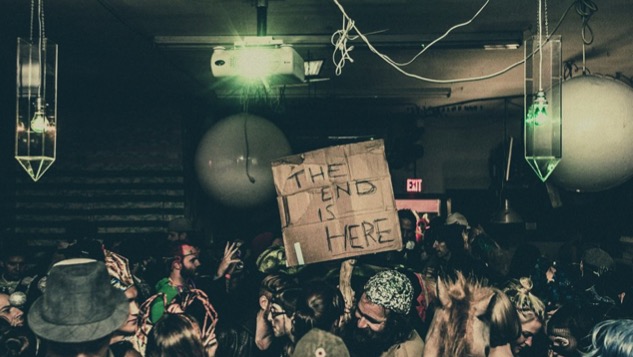
In Logic magazine, music critic Liz Pelly writes about the fate of Silent Barn, a treasured DIY music and arts venue in Brooklyn that had to close its doors in 2018. Alongside the perennial challenges of gentrification and shoestring budgets, Silent Barn also wrestled with an unavoidable reliance on digital platforms like Facebook and Instagram to promote shows and communicate with its community. But as Pelly details, Facebook in particular, with its alogrithms that prioritize paid posts and popular (i.e., mainstream) content, actually functioned as an obstacle to communication and community. Here’s an excerpt:
It’s hard to publicize unpopular artists on platforms that prioritize what’s popular. Indeed, the reliance on Facebook means DIY culture is becoming more closely aligned with the platform’s digital monoculture. The logic of social media platforms, of instant gratification and optimized “content,” requires pages (and spaces) to absorb streamlined “brand identities”—a logic that cultivates a more passive, consumerist approach to music that is inimical to scrappy, under-resourced DIY spaces.
While different DIY spaces have different approaches to navigating Facebook, generally the lack of resources means that DIY venues have difficulty maintaining a constant social media presence due to a shortage of volunteers. This in turn makes Facebook less likely to surface their content—for instance, by promoting their events with automated notifications that say, “We found concerts and other music events happening near you.”
The first time I received such a notification, I couldn’t help but think that “music events” sounded like something an undercover cop might say. Relatedly, there is a history of undercover police using Facebook to snoop on DIY shows. In 2013, when Boston police officers busted up popular DIY show spaces, they bragged about the fake Facebook accounts they used to find addresses for gigs. Here is another ongoing complication of social media and DIY: the way it makes spaces vulnerable to surveillance from authorities that see these spaces as nuisances and shut them down.
Image: Silent Barn, Brooklyn. Via Paste.